Discover the benefits of sweatbands for your fitness routine. Enhance your performance and stay comfortable with these stylish and functional accessories.
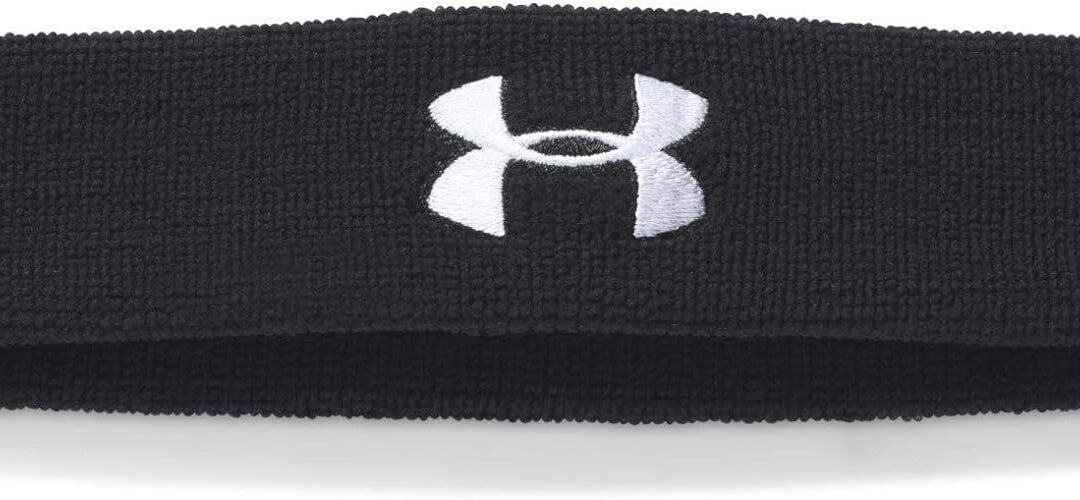
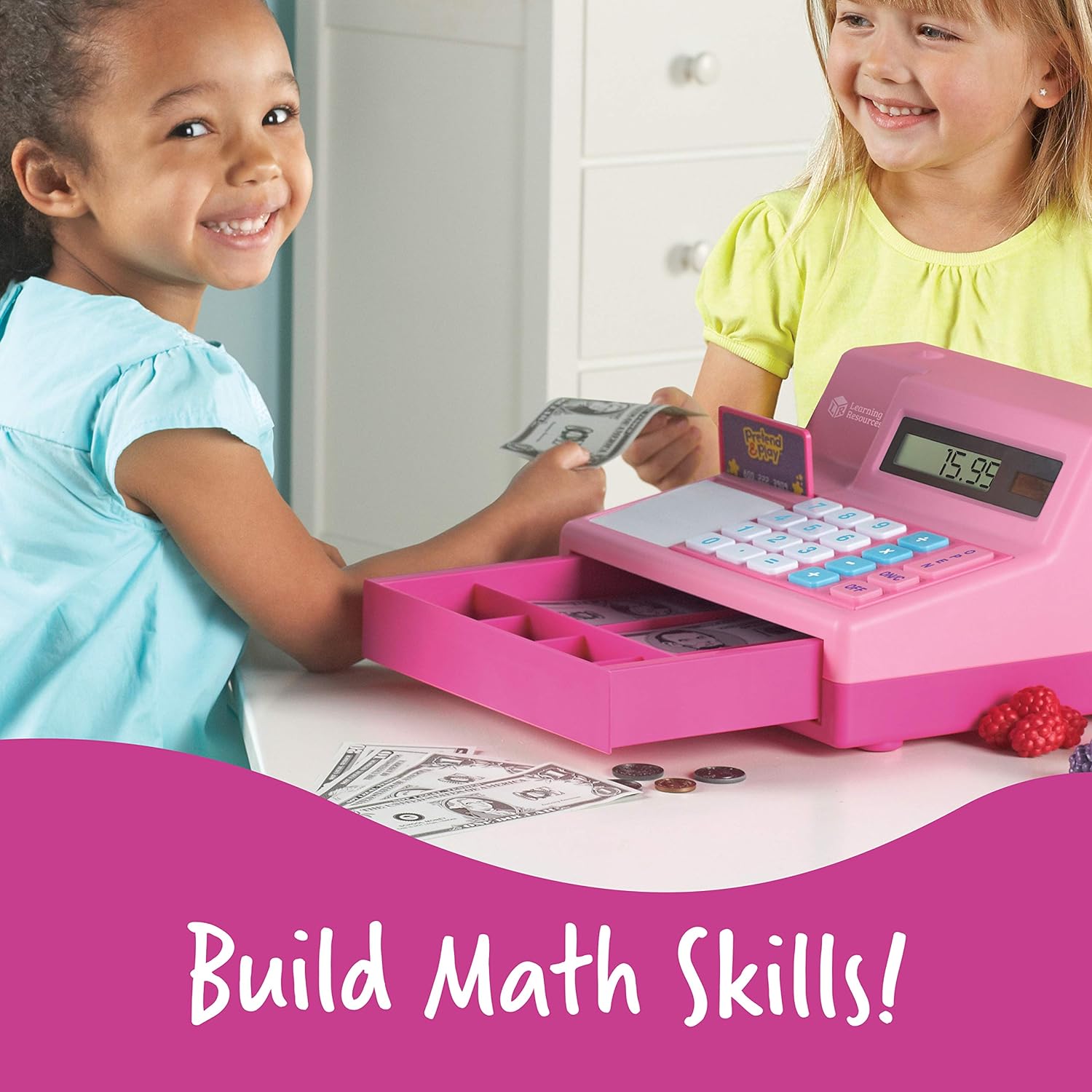
As parents, we always want the best for our children. We want them to have a great childhood filled with fun, learning, and opportunities to develop essential skills. One way to achieve this is by providing them with toys that are not only entertaining but also educational. One such toy that has gained popularity in recent years is the kids cash register. In this article, we will explore the benefits of this toy and why it is a great addition to your child’s playtime.
One of the primary benefits of a kids cash register is that it introduces children to the concept of money management from an early age. By playing with the toy cash register, children learn about different denominations of money, counting, and basic math skills. They can pretend to be a cashier, handle money, and calculate the total amount of a purchase. This early exposure to money management can help them develop financial literacy and responsible spending habits in the future.
Using a cash register requires children to count and perform basic mathematical operations such as addition and subtraction. As they play, they are constantly engaged in counting and calculating the total amount of a transaction. This hands-on experience helps them develop their numeracy and math skills in a fun and interactive way. It also enhances their problem-solving abilities as they figure out how much change to give or how to split a bill.
Role-playing is an essential part of a child’s development. It helps them understand different social roles, responsibilities, and the world around them. With a kids cash register, children can engage in pretend play scenarios where they take on the role of a cashier, customer, or even a store owner. This type of play encourages imagination, creativity, and social interaction with siblings or friends. It also teaches them about cooperation, communication, and negotiation skills as they interact with others during their playtime.
During their playtime with a cash register, children engage in conversations, both as a cashier and a customer. They learn new vocabulary related to money, numbers, and shopping. This helps in expanding their language skills and improves their communication abilities. They also learn how to express themselves, ask for help, and interact with others in a polite and respectful manner.
The use of a kids cash register involves several cognitive processes such as memory, attention, and problem-solving. Children need to remember the prices of different items, keep track of the total amount, and make calculations. This enhances their memory and concentration skills. They also encounter various scenarios where they need to make decisions, leading to the development of their critical thinking and problem-solving abilities.
A cash register is a common tool used in businesses, and by playing with one, children get a glimpse into the world of business and entrepreneurship. They learn about the concept of buying and selling, profit and loss, and the importance of customer service. This can inspire them to explore their entrepreneurial skills and develop an interest in the business world from a young age.
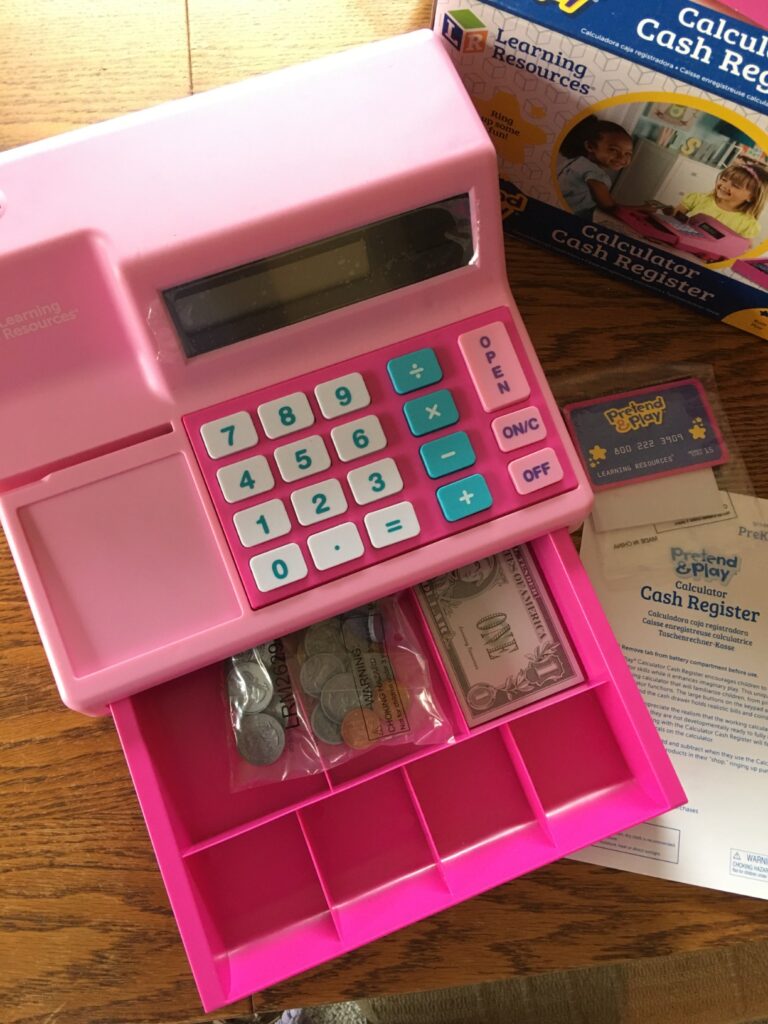
When it comes to choosing a kids cash register, there are a few factors to consider:
Make sure to select a cash register that is suitable for your child’s age. Some cash registers are designed for toddlers and preschoolers, while others are more advanced and suitable for older children. Consider the features and complexity of the toy to ensure it matches your child’s developmental stage.
Children can be rough with their toys, so it’s important to choose a cash register that is durable and made from high-quality materials. Look for a sturdy construction that can withstand regular play and won’t break easily.
Consider the features and accessories that come with the cash register. Some cash registers have additional functions like a scanner, credit card reader, or play money. These extra features can enhance the play experience and provide more learning opportunities for your child.
Always prioritize safety when choosing a toy for your child. Ensure that the cash register doesn’t have any small parts that could pose a choking hazard. It should also meet safety standards and be free from any harmful chemicals or materials.
Using a cash register involves handling small coins and bills, which requires fine motor skills. Children have to grasp and manipulate the money, insert it into the cash register, and press buttons. These actions help develop their hand-eye coordination and dexterity. The repetitive motion of handling the money also strengthens their finger muscles, improving their overall fine motor skills.
Playing with a cash register involves time management skills. Children need to keep track of the time it takes to complete a transaction, especially if there are other customers waiting. They learn to prioritize tasks, manage their time efficiently, and work within a given timeframe. This skill is valuable as children grow older and need to manage their time effectively in various situations.
Using a cash register requires children to make decisions and solve problems. They may encounter situations where an item is priced incorrectly or the customer wants to return an item. In these scenarios, children have to think critically and find a solution. They learn to analyze the situation, weigh the options, and make informed decisions. This enhances their problem-solving abilities and encourages them to think creatively.
Playing with a cash register can also contribute to a child’s emotional development. They may experience emotions such as excitement, frustration, or satisfaction during their playtime. For example, they may feel excited when they successfully calculate the total amount or frustrated when they make a mistake. These emotional experiences help children understand and manage their emotions, develop resilience, and learn to cope with different situations.
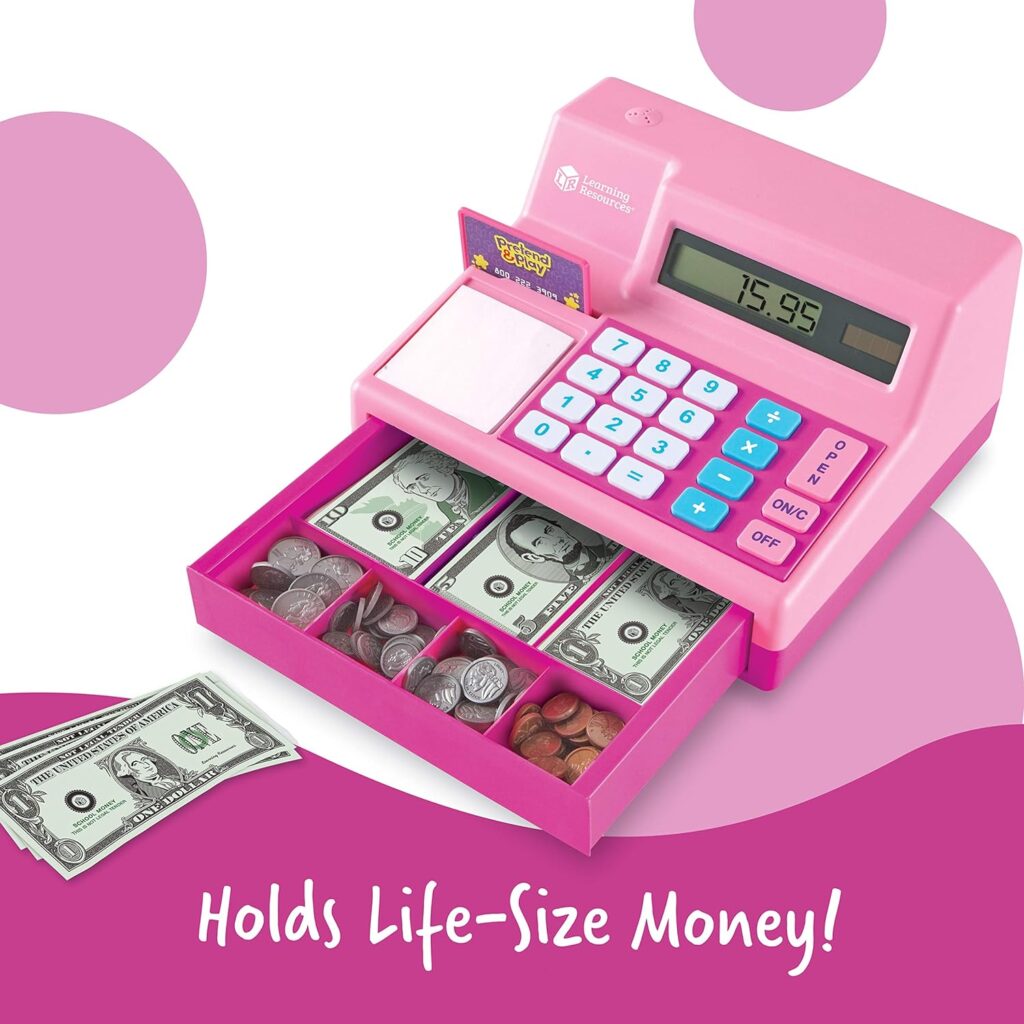
Using a cash register teaches children about responsibility and accountability. As they play the role of a cashier, they are responsible for handling money accurately, providing correct change, and keeping track of transactions. They learn the importance of being accountable for their actions and taking responsibility for their role. This sense of responsibility can translate into other areas of their life, such as completing tasks and fulfilling obligations.
A kids cash register can be a valuable tool for teaching children about financial literacy. Parents can use the cash register playtime to introduce concepts such as saving, budgeting, and the value of money. They can create scenarios where children have to make choices about how to spend their play money or save for a specific item. This early exposure to financial concepts sets a foundation for future financial decision-making and responsible money management.
Playing with a cash register allows children to make connections between their playtime and the real world. They may recognize the cash register when they visit a grocery store or see a cashier using one. This connection helps children understand the relevance and practicality of the skills they are developing through play. It also enhances their observational skills and encourages them to make connections between different aspects of their daily life.
– Introduces children to money management and financial literacy from an early age.
– Develops numeracy and math skills through counting and basic calculations.
– Encourages role-playing and social interactions with siblings or friends.
– Enhances language and communication skills through conversations and vocabulary building.
– Stimulates cognitive development by improving memory, attention, and problem-solving abilities.
– Provides an introduction to business and entrepreneurship concepts.
– Offers a fun and interactive way for children to learn and play.
– Some cash registers may be too complex or advanced for younger children.
– Higher-quality cash registers may come at a higher price point.
– Children may quickly lose interest in the toy if not given proper guidance and engagement.
– The focus on money and transactions may instill materialistic behavior in some children if not balanced with other play activities.
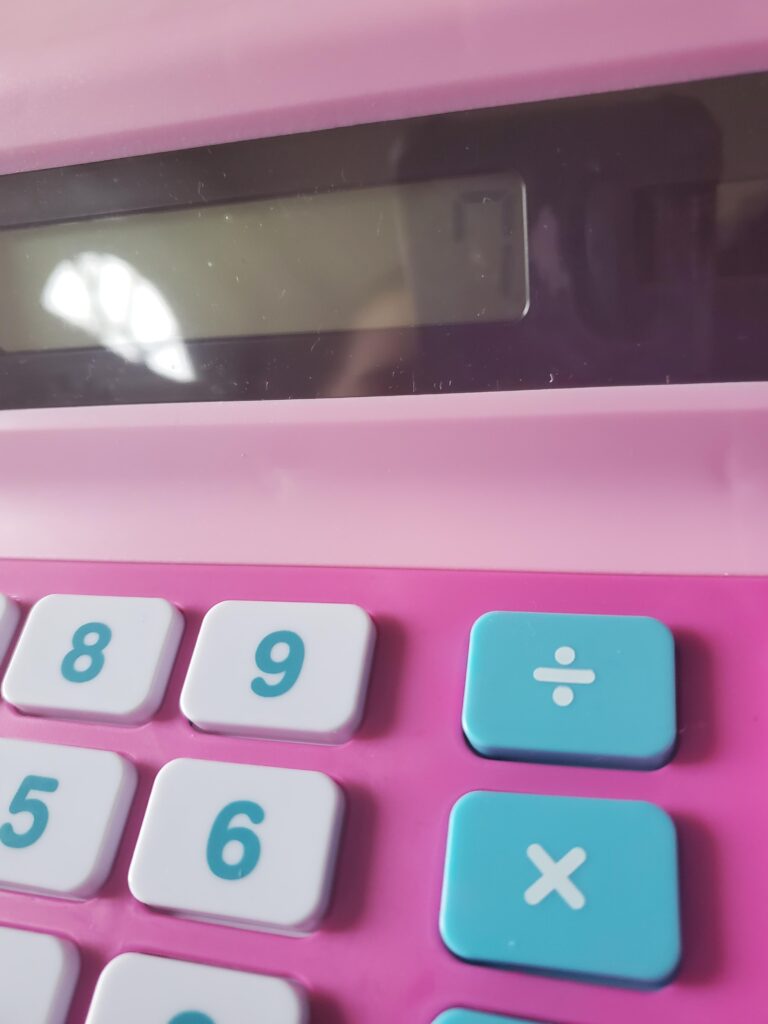
– “My daughter loves her cash register! It has helped her with counting and basic math skills.” – Parent
– “The kids cash register has been a hit at playdates. The children enjoy taking turns being the cashier and customer.” – Parent
– “I bought this cash register for my preschool classroom, and the kids have been learning so much about money.” – Teacher
A kids cash register is suitable for children ages 3 and above. However, there are cash registers available for younger toddlers as well.
Most kids cash registers come with play money and coins. However, it’s always best to check the product description to confirm what accessories are included.
Yes, many cash registers come with sound effects such as beeping when items are scanned or a cash drawer opening. Some models also come with additional features like a scanner, credit card reader, or even a microphone.
Cash registers designed for children are generally safe. However, it’s important to ensure that the toy doesn’t have any small parts that could be a choking hazard. Always supervise young children while they play with the cash register.
Absolutely! Cash registers are a great tool for teaching children about money management, basic math skills, and role-playing scenarios.
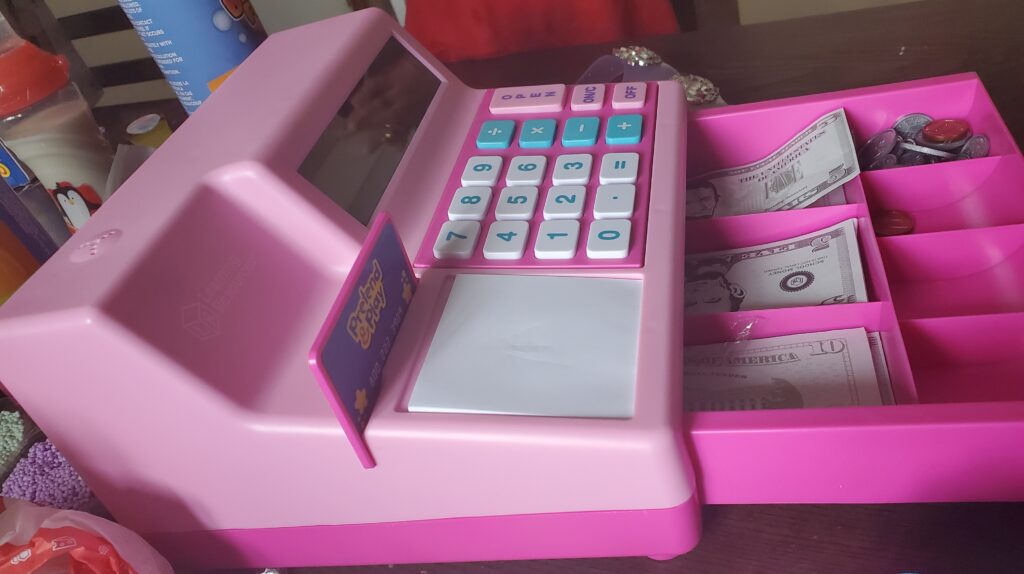

A kids cash register is a fantastic toy for children that offers a range of benefits. It introduces them to money management, develops numeracy and math skills, encourages role-playing and social interaction, enhances language and communication skills, stimulates cognitive development, and introduces concepts of business and entrepreneurship. With various options available, it’s important to choose a cash register that is age-appropriate, durable, and offers engaging features. Overall, a kids cash register provides a fun and educational experience for children while promoting valuable skills and learning opportunities.
A kids cash register is more than just a toy. It is a valuable tool that can help your child develop essential skills while having fun. From money management to numeracy skills, role-playing to cognitive development, a cash register offers numerous benefits for your child’s growth and learning. So, consider adding a kids cash register to your child’s toy collection and watch them enjoy hours of educational and imaginative play.